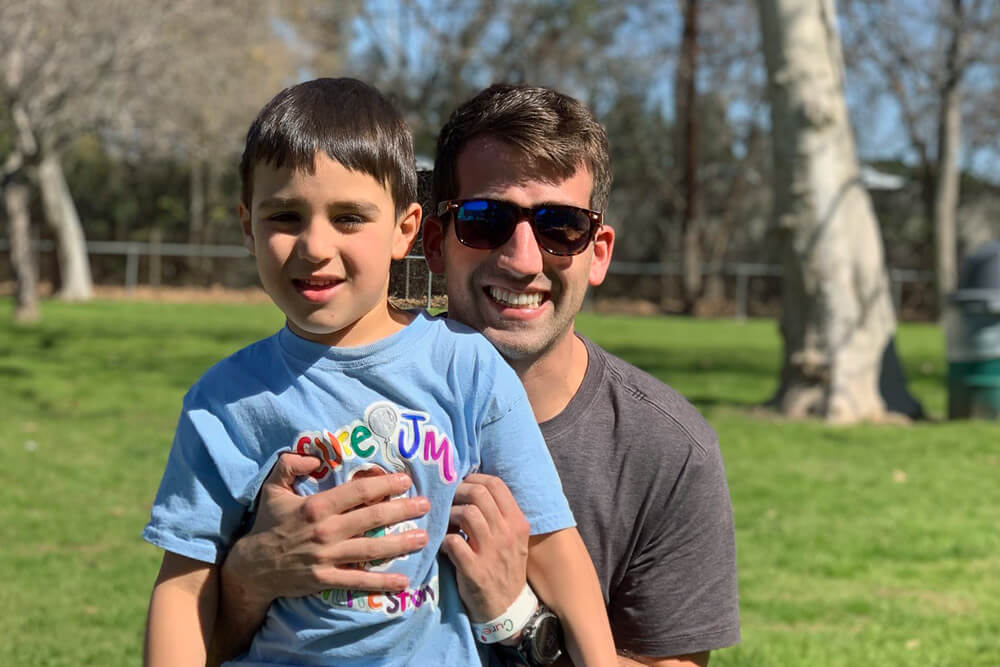As the parent of a newly diagnosed child, you might feel overwhelmed and worried. These are normal reactions. You might want and need support from others who have been, or still are, on this same journey. Support is helpful so you can be a better advocate for your child and learn to manage your feelings.
We know that a chronic illness can bring more heightened feelings, especially depression and anxiety, in yourself and your child. This presentation provides resources for those warning signs and resources for help with them. Additionally, you can learn new coping skills, build on current ones, and develop resilience.
We also know that a JDM diagnosis affects all family members, and you will find resources for them here, too.
According to a 2017 article by pediatric rheumatologists Alaina Davis, Tamar Rubinstein, Andrea Knight, and Martha Rodriguez, “beyond the long-established detrimental impact that chronic disease has on an individual’s mental health, we now appreciate that the relationship between chronic physical disease and mental illness is bidirectional.” 1
To understand how our JM families cope with mental health, we collaborated with Andrea Knight, MD, MSCE, an autoimmune and mental health expert. We surveyed Cure JM patients and parents on the “Mental Health Needs of JM Patients and Potential Interventions” and found that 28% of JM adolescent and young adult patients reported depression and 33% reported anxiety. 2
- 1 Mental Health Care for Youth with Rheumatological Diseases—Bridging the Gap
- 2 Rates of Depression, Anxiety and Suicide Ideation Elevated in Adolescent Rheumatology Population
- Tips for Parents Helping Their Child Cope with Chronic Illness
- Children with Chronic Illness: Dealing with Emotional Problems and Depression
- Sibling Support (Sibshops)
- About Self Care for Parents of Chronically Ill Children
- Kids and Teens with Special Health Care Needs – Family Resource Brief
- Eight Children’s Books to help you Talk to Your Child about Mental Health
- Tiger Livy—a book about a child with JM
- Building Resilience in Children
- Chronic Conditions and School
- More Resources for Supporting Families Coping with Chronic Illness
- Resources in Your State
- Eight Ways You Can Help Your Child Cope While At The Hospital
- After the Hospital: Getting Back to a Schedule
- Eight Ways You Can Help Your Child Cope After Being in The Hospital
- Después del Hospital: Cómo retomar las actividades diarias
- Después del Hospital: Cómo ayudar a mi familia a superar la situación
Click here to join other JM parents/caregivers on Facebook.

Associate Professor
Clinical Director- Pediatric Rheumatology
Myositis Center of Excellence
Seattle Children’s Hospital and Research Center
“Juvenile Myositis, like other chronic rheumatologic diseases, can affect the child and extended family, including parents and siblings, in many ways. We see a lot of patients with myositis grapple with the emotional or mental health aspects of chronic illness. Parents, caregivers, and families may need emotional or mental health support to care for their loved ones with a chronic illnesses.
From the beginning of diagnosis, we want patients and families to understand that it is normal to have a range of feelings and that emotional health is as important as physical health. Cure JM has made it part of its mission to advocate for these patients’ and families mental health needs by providing resources and support. I am grateful for their commitment to finding better treatments for juvenile myositis and supporting the mental health needs of these patients and families.”




